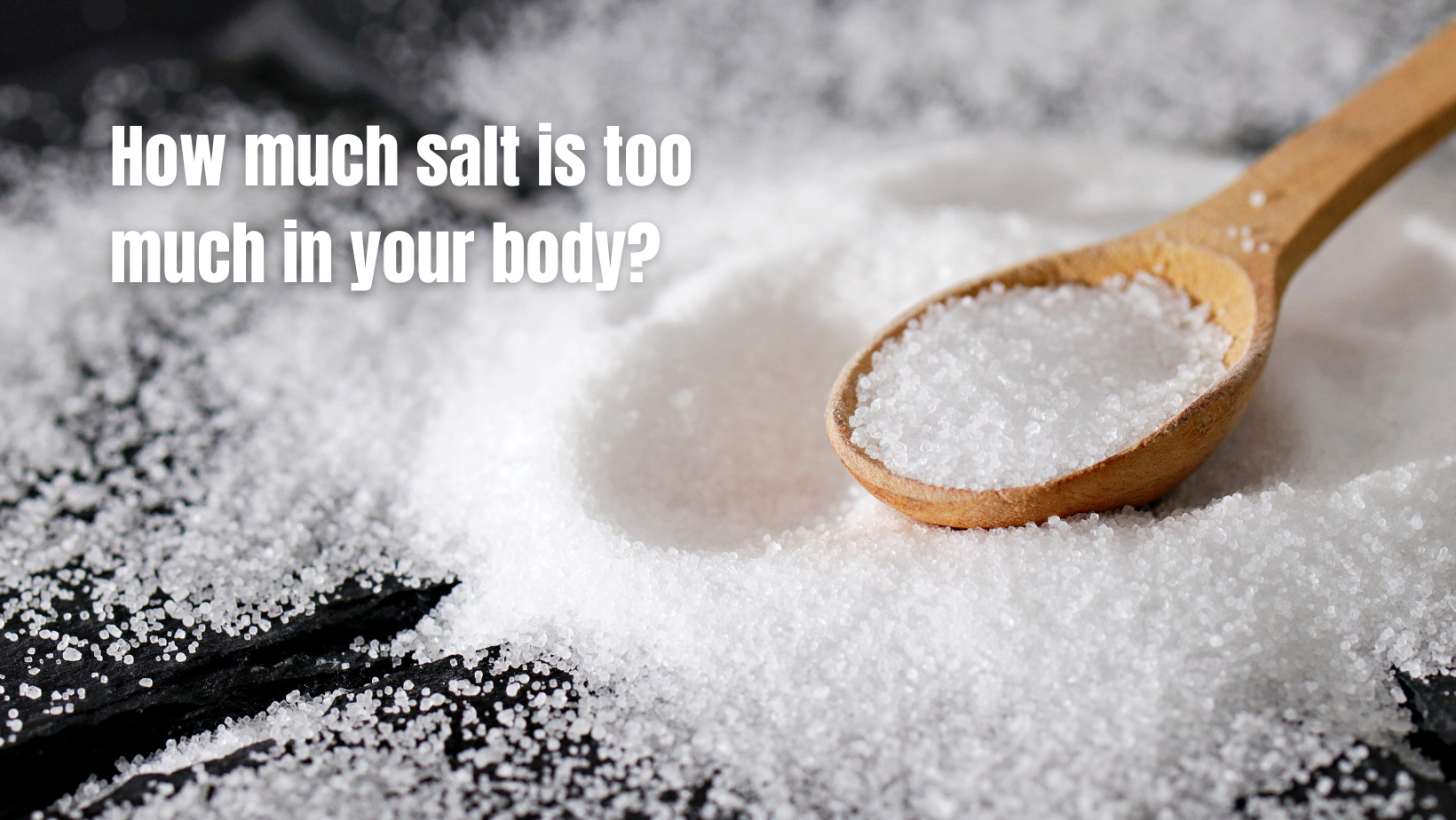Dr. Stephen Jones, President and CEO of Care Eleven Health provided some insight for a recent Times Picayune article.
How much salt is too much in your body? What Louisiana residents should know.
Louisianans know salt as the most important seasoning tool in their kitchens. We purchase it in bulk during crawfish season. It makes a pot of gumbo shine and is the reason we sling back raw oysters by the dozen. It’s also a ubiquitous compound, present in water, soil, our blood and, some say, too much of our food. Salt is having its moment in the spotlight as a saltwater wedge makes its way up the Mississippi River, threatening to choke off New Orleans’ access to fresh drinking water.
Salt’s role in the body,
Salt is necessary for life. Human tissues and organs swim in a salty sea that is delicately balanced by the brain. Sodium plays a part in muscle contraction, blood flow, and how the nervous system communicates with the body, making it possible for us to move, think and feel. The brain orders kidneys to conserve sodium when we consume too little and eliminate it through sweating and urinating if we have too much. But high levels of sodium, mostly linked to a diet heavy in processed foods, have been linked to cardiovascular problems. “As important as it is as an element in our body, when it gets out of hand, it can cause some pretty significant clinical manifestations,” said Dr. Stephen Jones, president and CEO of Care Eleven Health and board member of the American Heart Association of Greater New Orleans.
When humans get an extra-high dose of salt – say, from a bowl of tortilla chips washed down with a martini – the body holds onto extra water to keep the salt content in balance. That increases blood volume, said Jones, which is why some might feel puffy or swollen after eating heavy foods. When blood volume increases, pressure increases inside the arteries, the same way putting your thumb over a garden hose opening puts pressure on the inside of the hose. That affects three organs in a big way, said Jones: the heart, kidneys and brain. The heart has to pump harder to move the higher volume of blood through the body. For a healthy person, that might not be a problem over the short term. But for people with chronically high blood pressure or heart issues, that can cause damage.
About 1 in 3 adults in New Orleans have high blood pressure, said Jones. The kidneys are responsible for filtering blood. They remove excess salt in the blood and send it to the urinary tract. But if there’s too much salt in the kidneys, they get damaged – “just like if there’s too much salt in the lead pipes, it damages the pipes,” said Jones. In the brain, thousands of miles of blood vessels swell to manage the increased volume of blood caused by more salt, but the vessels also have to constrict to push the blood through. The constriction causes pressure, which is why people might have headaches or vision problems on a high-salt diet.
Source – NOLA.com



